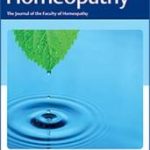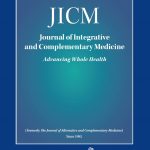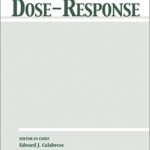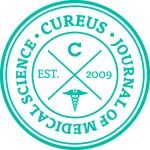Zofia Dymitr, Hazel Partington, Jean Duckworth
A Qualitative Investigation of Provers’ Experiences of Participation in Homeopathic Pathogenetic Trials
Homeopathy, 2020, 109 (3), 133-139

Background – Information on homeopathic medicines is derived from “provings” or homeopathic pathogenetic trials (HPTs), in which people (often homeopaths and homeopathy students) are invited to take an unnamed and often untested highly diluted and serially succussed substance, and record in detail their experiences and perceived effects. HPTs are assumed to have an “excellent safety record”, but there has been no academic research to date into provers’ experiences of participating in an HPT. Aims – This qualitative study aimed to explore the lived experience of participation in an HPT. It is hoped that the results from this study will inform the future conduct of HPTs. Methods – Semi-structured interviews were conducted in person, by phone or via Skype, according to the interviewees’ preferences. Thematic analysis was used for the generation of themes. Results – Eight former provers were interviewed from across the European Union (EU) and Australia. Of these, seven were practicing homeopaths and one was not a practitioner. Overarching themes were identified as: (1) the ethical conduct of HPTs, and (2) the impact of participation in HPTs. Conclusion – Former provers who participated in this study reported enthusiasm for, and trust in, the proving process. However, some also reported adverse events, which varied in intensity and duration. The process of gaining fully informed consent for participation in an HPT is complex and there were examples of both failure and inadequacy in terms of informed consent and support mechanisms. Recommendations – The researchers recommend that HPTs are subject to ethical approval processes and that consent is fully informed and ongoing. It is also recommended that appropriate and robust support mechanisms be developed.








Lascia un commento
Devi essere connesso per inviare un commento.